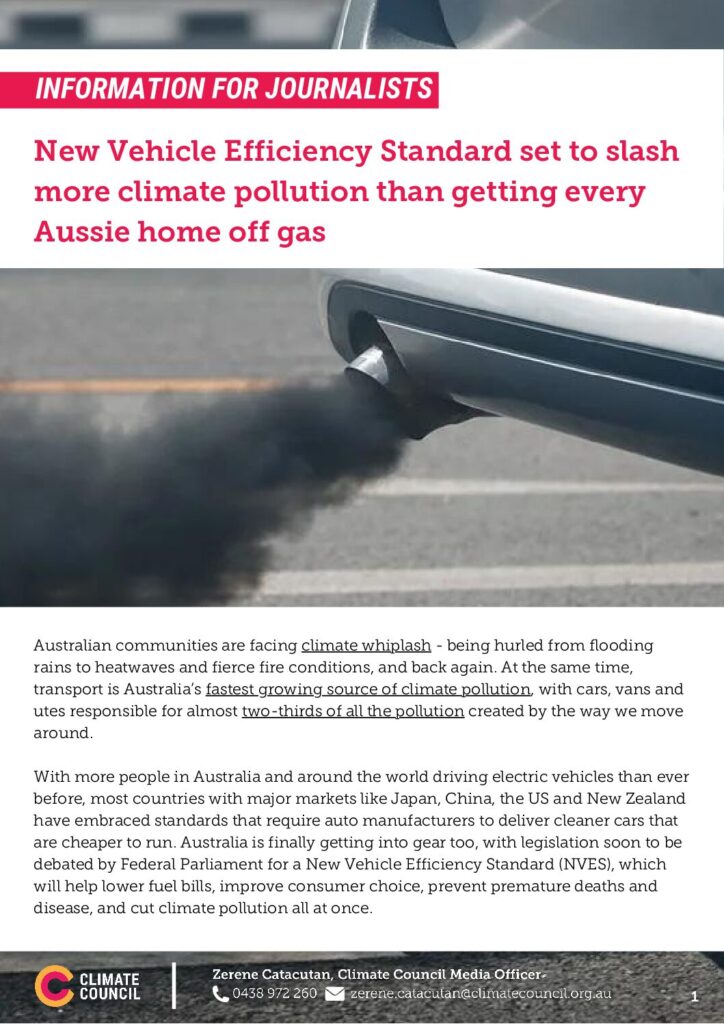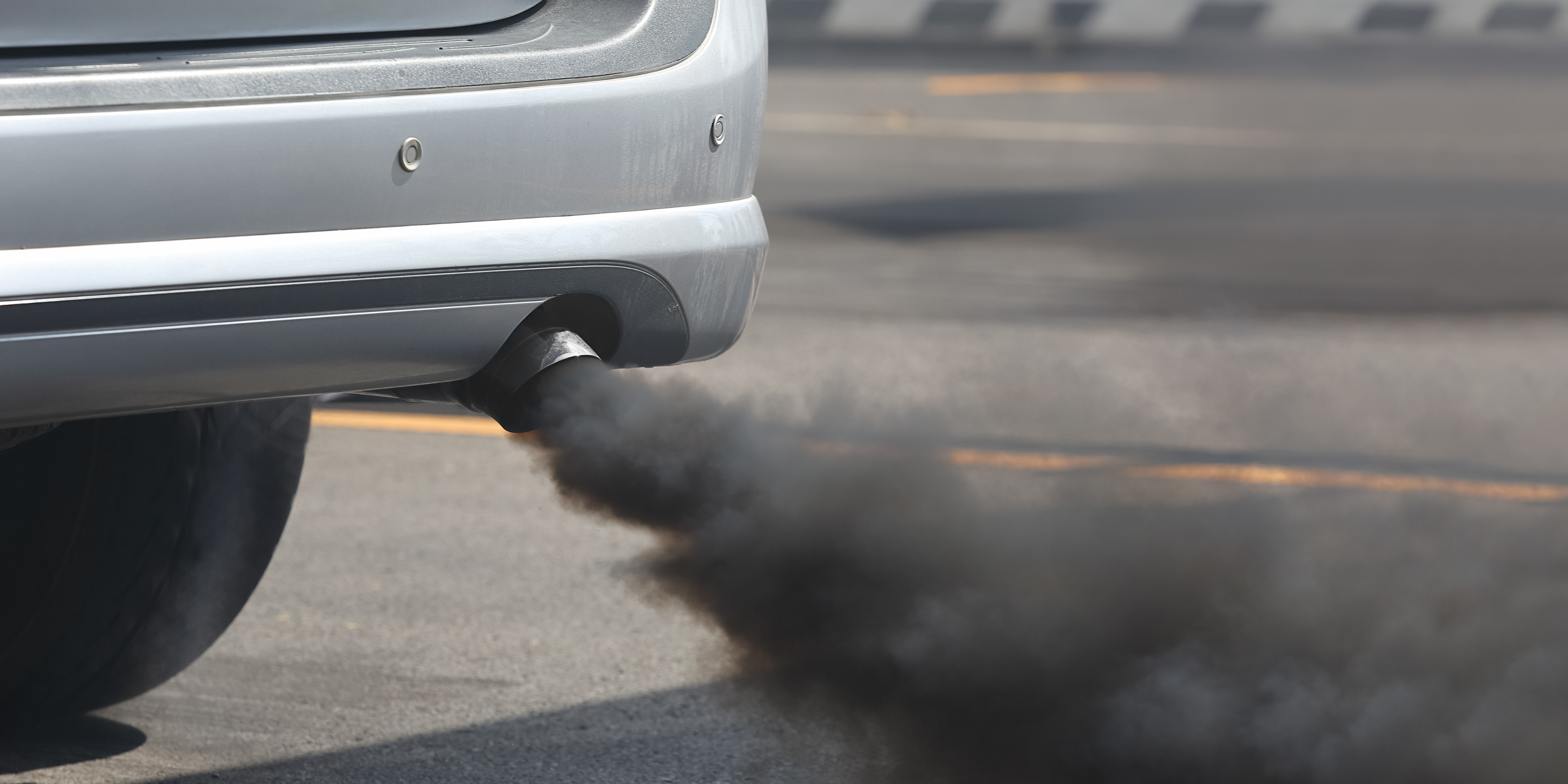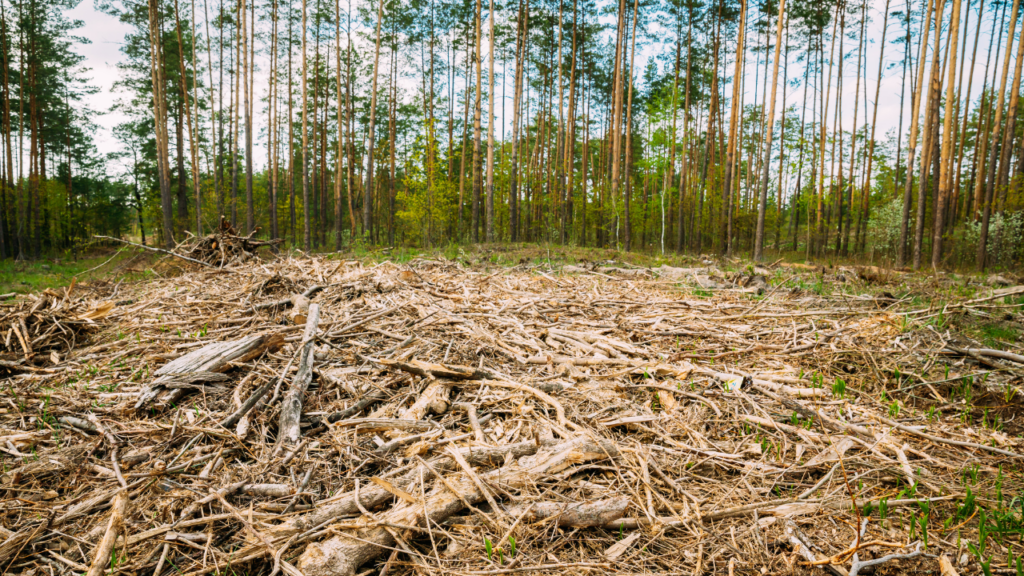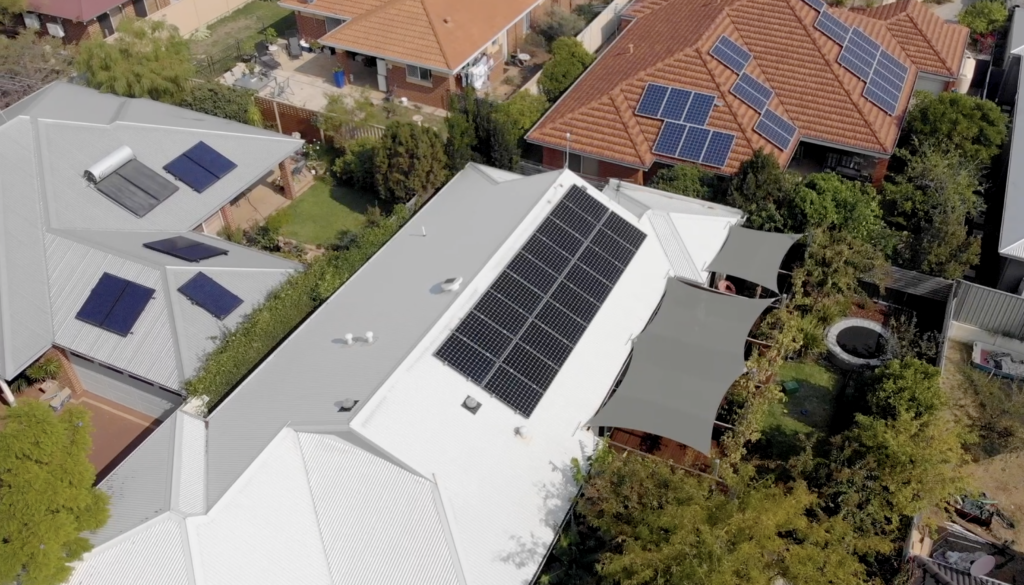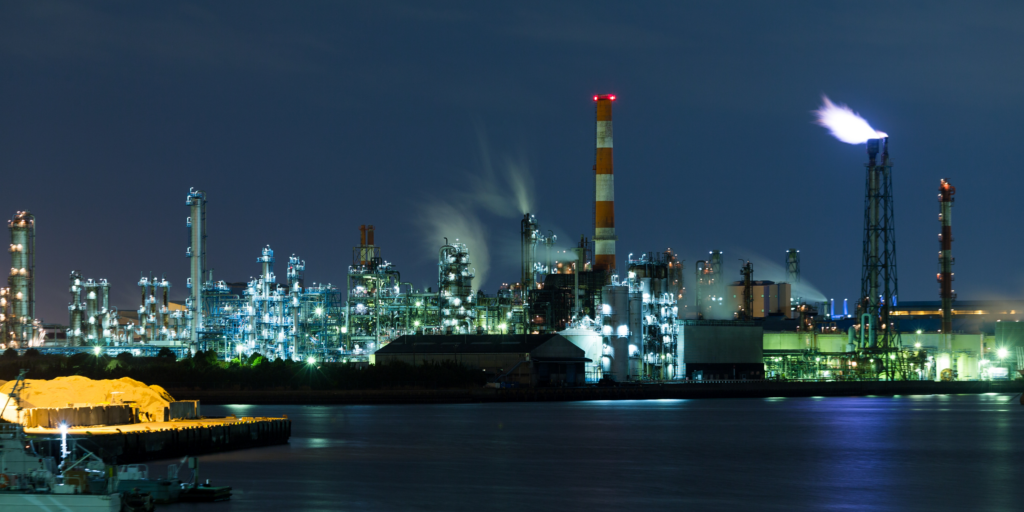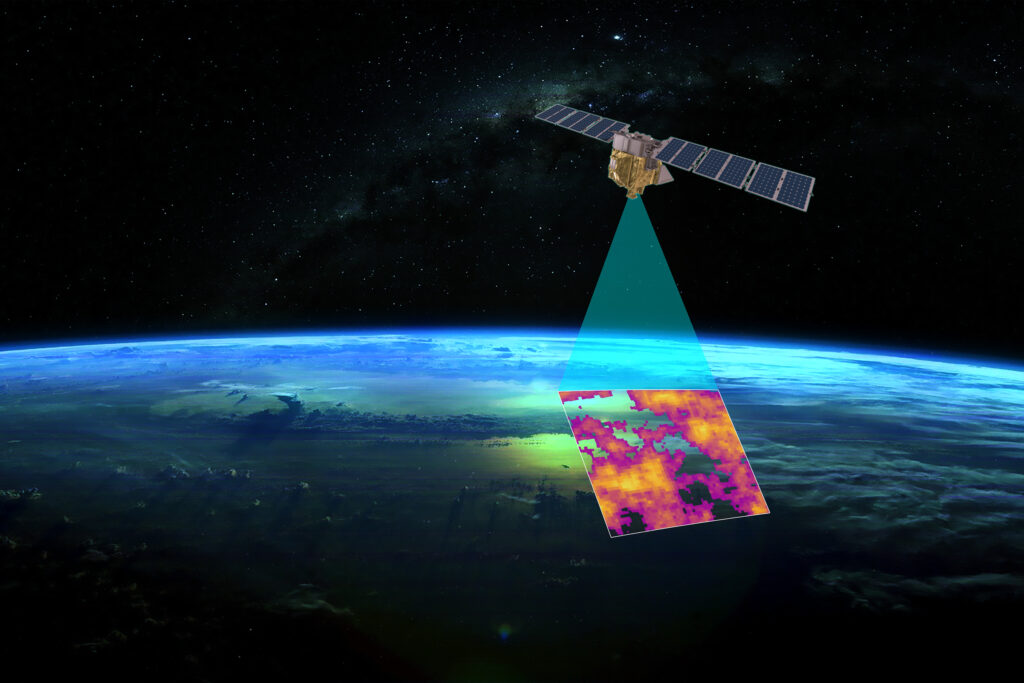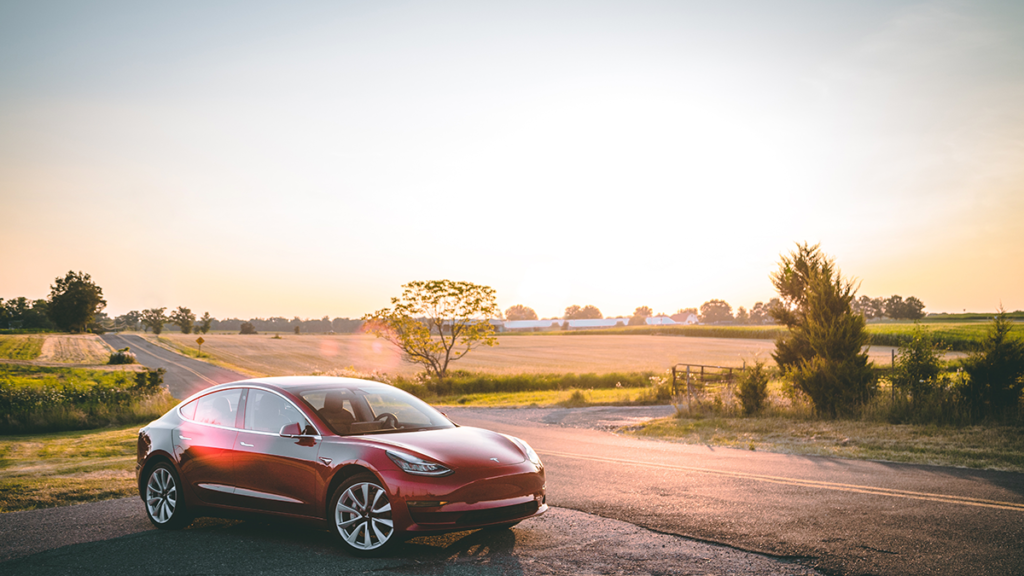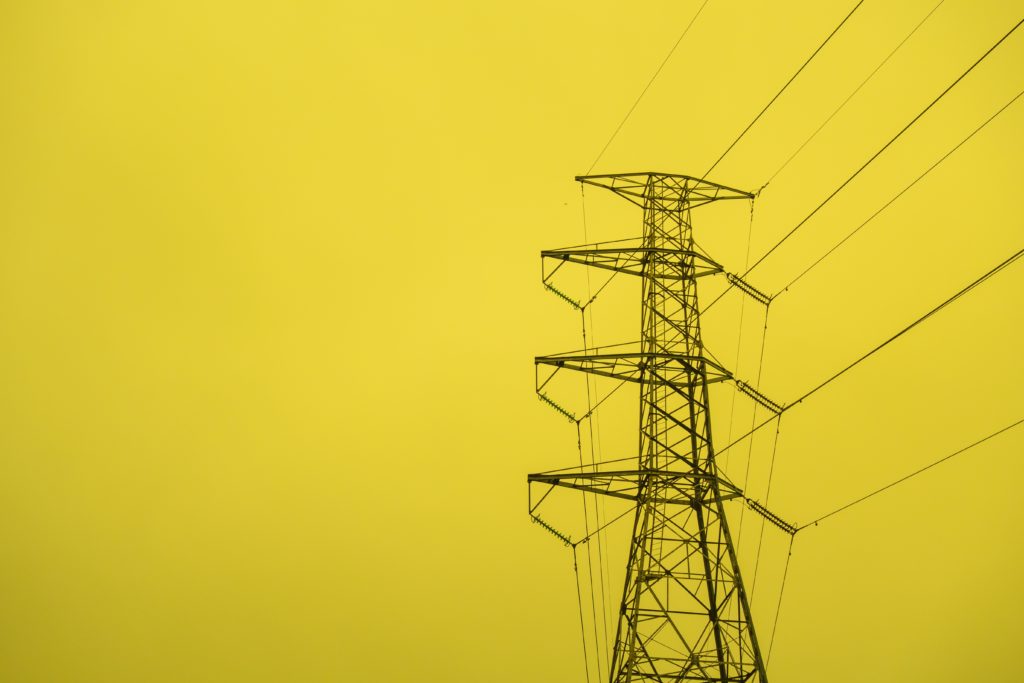Australian communities are facing climate whiplash – being hurled from flooding rains to heatwaves and fierce fire conditions, and back again. At the same time, transport is Australia’s fastest growing source of climate pollution, with cars, vans and utes responsible for almost two-thirds of all the pollution created by the way we move around.
With more people in Australia and around the world driving electric vehicles than ever before, most countries with major markets like Japan, China, the US and New Zealand have embraced standards that require auto manufacturers to deliver cleaner cars that are cheaper to run. Australia is finally getting into gear too, with legislation soon to be debated by Federal Parliament for a New Vehicle Efficiency Standard (NVES), which will help lower fuel bills, improve consumer choice, prevent premature deaths and disease, and cut climate pollution all at once.
The proposed New Vehicle Efficiency Standard is set to prevent 20 million tonnes of climate pollution from being pumped into our atmosphere by 2030, the same amount of climate pollution produced by every gas-connected home in Australia for more than two years.
And by 2035, the standard is set to avoid 80 million tonnes of climate-wrecking emissions – equivalent to the pollution from every gas-connected home in Australia for more than nine years!
Slashing climate pollution from transport now is an important step that keeps Australians safe from escalating climate impacts. By getting the world’s most polluting car companies to clean up their acts, we’re taking the pressure off of Aussie households and driving towards a better future that we can all enjoy.
Cleaning up our cars can prevent millions of tonnes of climate pollution. The New Vehicle Efficiency Standard can accelerate Australia’s embrace of cleaner cars that are cheaper to run. It’s time to wave goodbye to crippling petrol bills, dirty air and climate wrecking pollution, and get on the road to a cleaner future.
